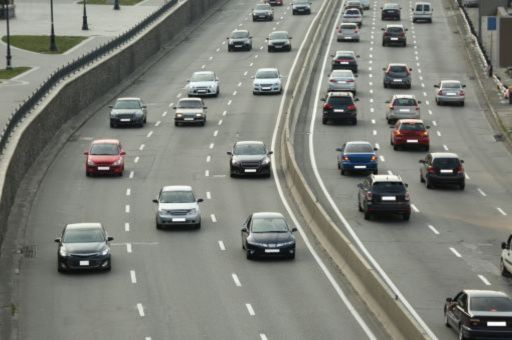Councillor Fernando Rubio welcomed the broad consensus with which the Eivissa law was approved yesterday in Parliament and expressed his satisfaction with the support of FEBT and AEVAB for the freight study.
The Councillor of Territory, Mobility and Infrastructures of the Consell de Mallorca, Fernando Rubio, has begun a round of meetings with the transport and hire car sector to explain the measures proposed in the study on charging presented by the island’s institution last week. These proposals, as announced by president Llorenç Galmés, propose regulating the entry of vehicles into Mallorca and a tax for cars that are not taxed in the Balearic Islands.
Rubio met with the Balearic Business Federation of Transport (FEBT), the Balearic Business Association of Car Hire with and without Driver (AEVAB) and the Balearic Association of Car Hire with and without Driver (BALEVAL). He was accompanied by the island directors of Mobility (Rafel Oliver) and Infrastructures (Rafel Gelabert).
TDB keeps you informed. Follow us on Facebook, Twitter and Instagram
The Consell de Mallorca meets with the transport and car hire sector to explain the proposals of the load study such as the regulation of the entry of vehicles
The Minister of Territory, Mobility and Infrastructures expressed his satisfaction with the support of the FEBT and AEVAB for the measures proposed in the study to improve mobility in Mallorca and promised BALEVAL that there will be a fluid dialogue with the entire sector.
On the other hand, Fernando Rubio congratulated ‘the Consell de Eivissa, which yesterday managed to get the Parliament of the Balearic Islands, with a broad consensus, to approve the law to regulate the entry of cars on the island’. A consensus,’ added Rubio, ’that we would also like to be able to have in Mallorca when we promote the parliamentary initiative to take the measures proposed by our study of loading and which, as you well know, are along the same lines as Eivissa: regulate the entry of vehicles and establish a tax with dissuasive effects, in order to improve mobility in Mallorca, and that there is more control over the cars that enter through the ports.
The councillor recalled some of the most significant data provided by the cargo study: ‘In the year 2023, more than 379,000 cars will enter Mallorca, and the study indicates that there are between 93,000 and 122,000 cars left over on our roads. This is data that we have never had before in Mallorca and that will now allow us to take the courageous measures that our island needs’.
